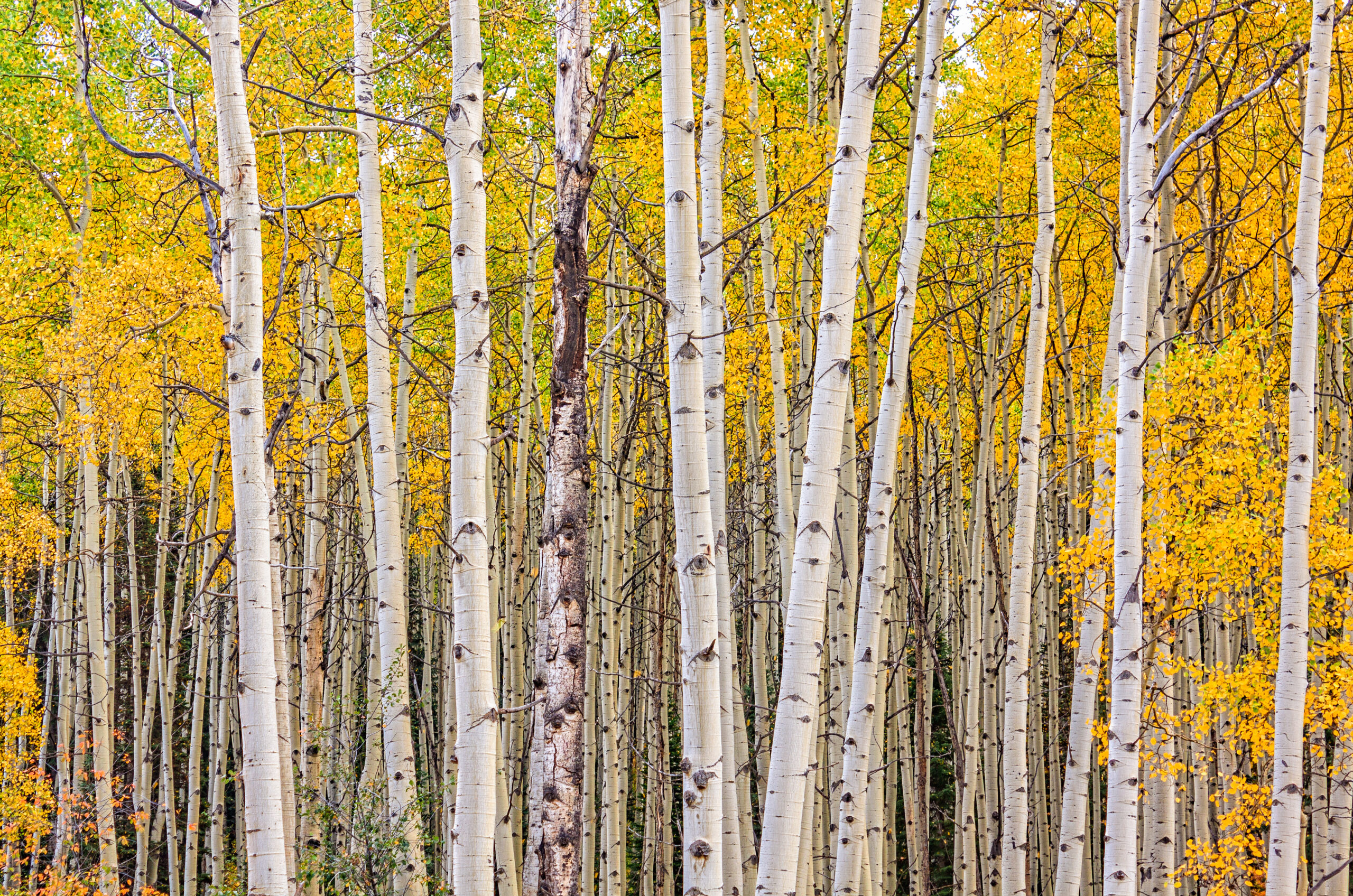
Abstract:
Climatic conditions exert an important influence on wildfire activity in the western United States; however, Indigenous farming activity may have also shaped the local fire regimes for millennia. The Fish Lake Plateau is located on the Great Basin–Colorado Plateau boundary, the only region in western North America where maize farming was adopted then suddenly abandoned. Here we integrate sedimentary archives, tree rings, and archeological data to reconstruct the past 1200 years of fire, climate, and human activity. We identify a period of high fire activity during the apex of prehistoric farming between 900 and 1400 CE, and suggest that farming likely obscured the role of climate on the fire regime through the use of frequent low-severity burning. Climatic conditions again became the dominant driver of wildfire when prehistoric populations abandoned farming around 1400 CE. We conclude that Indigenous populations shaped high-elevation mixed-conifer fire regimes on the Fish Lake Plateau through land-use practices.
(Co-authors: Vachel A. Carter, Andrea Brunelle, Mitchell J. Power, R. Justin DeRose, Matthew F. Bekker, Isaac Hart, Simon Brewer, Jerry Spangler, Erick Robinson, Mark Abbott, S. Yoshi Maezumi & Brian F. Codding)
Read the study:
https://www.nature.com/articles/s43247-021-00137-3
Learn more: